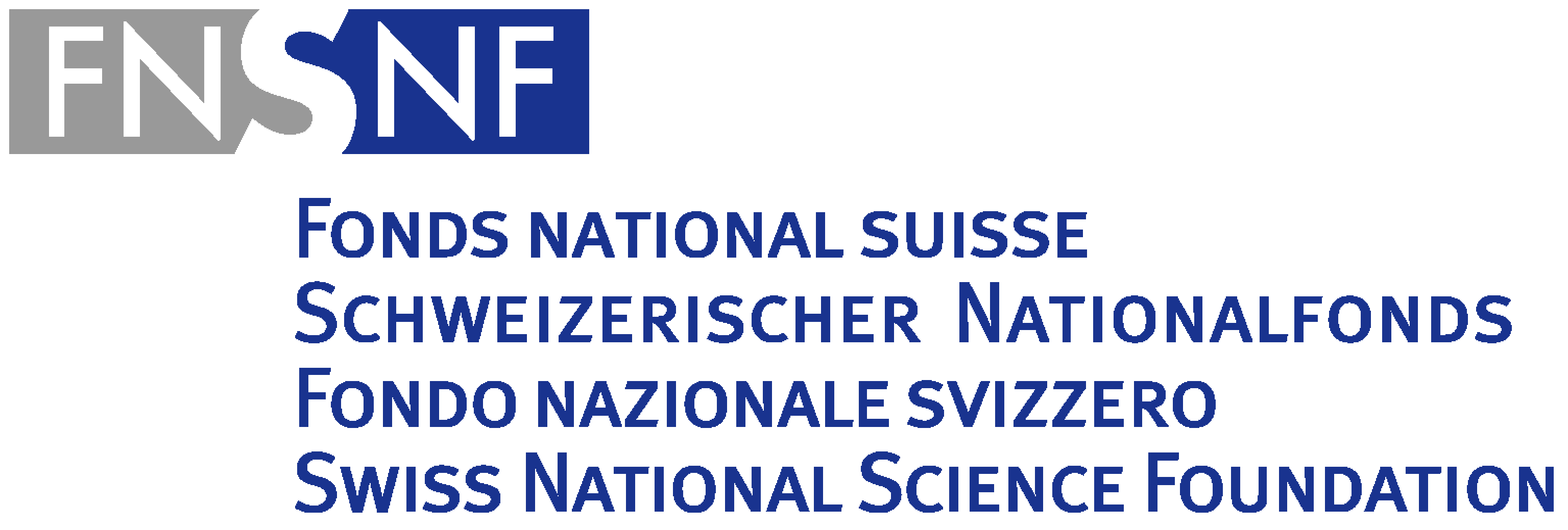Public key cryptography is the backbone of internet security, but most of the current mathematical assumptions on which it relies can be broken by quantum computers. Lattice cryptography is considered the most promising candidate to become the basis of tomorrow’s cryptography. The FELICITY project is pushing the boundaries of what can be efficiently built based on the difficulty of lattice problems.
Core methods
Foundational issues
Public key cryptographic protocols are constructed such that they are based on the difficulty of certain mathematical problem. We want the problem to be difficult, but at the same time for it to be possible to construct practical schemes based on it.
In this part of the project, we address the following fundamental questions:
- What problems can form the basis of efficient schemes under quantum reductions?
- What problems can form the basis of “advanced” cryptographic schemes?
Standardization of encryption and signatures
In 2015, the NSA released a document stating that the next generation of algorithms securing internet communication should be resistant to quantum attacks. In 2017, NIST began the standardization process for choosing post-quantum encryption, key exchange, and digital signature schemes. Together with a consortium of university and industry partners, we have submitted our lattice-based proposals as part of the CRYSTALS and FALCON packages. Our proposals are based on well-studied lattice problems and show that one can have security against quantum attackers with little added overhead.
Advanced constructions
Beyond the basic schemes that secure internet communication, there is also an emerging need for more “advanced” privacy-preserving protocols. Research is just beginning, and there are currently very few protocols beyond basic encryption and signature schemes that can be considered truly practical. Some of the more advanced primitives whose efficient foundations we will be building in this project include:
- Zero-knowledge proofs
- Electronic voting schemes
- Privacy-preserving primitives
Current members
PI: Vadim Lyubashevsky
Jonathan Bootle (Post-doctoral researcher 2018 – )
Ngoc (Khanh) Nguyen (PhD Student 2018 – )
Gregor Seiler (PhD Student 2017 – )
Former members
Rafael del Pino (PhD Student 2016 – 2018)
Thijs Laarhoven (Post-doctoral researcher 2016 – 2017)
Gregory Neven (Research Staff Member 2016 – 2018)




